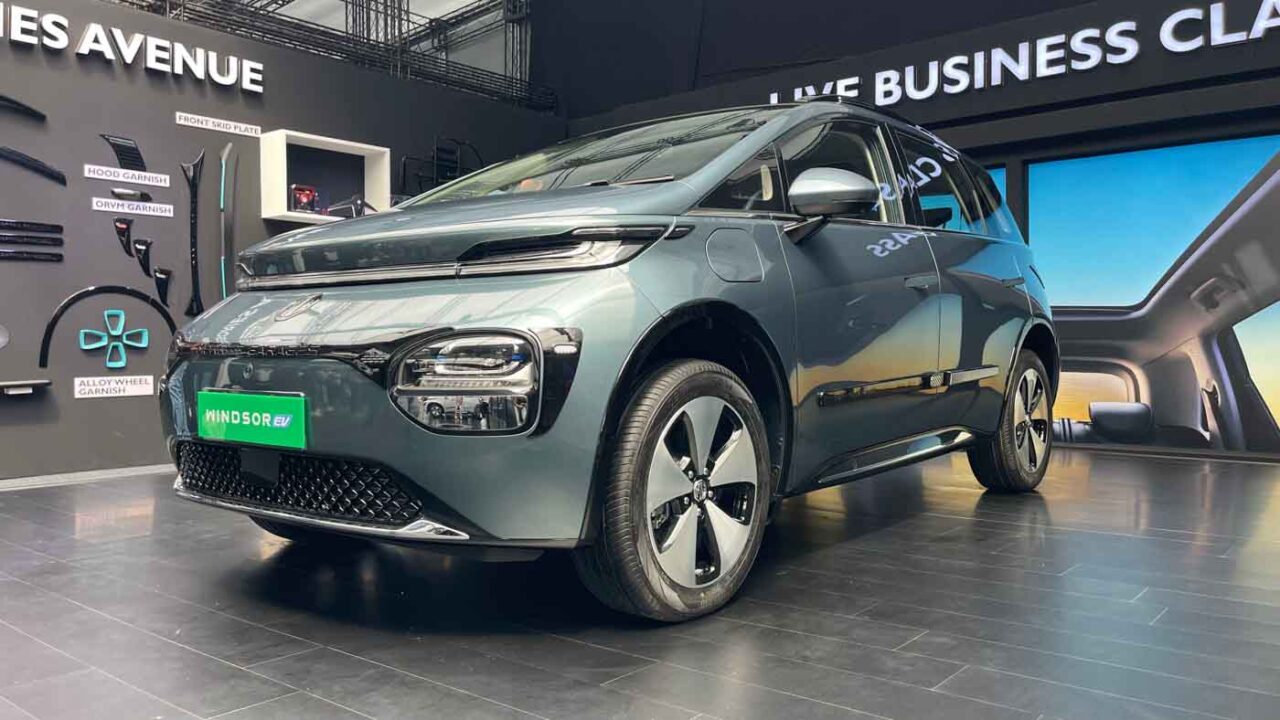electric cars: Indian buyers are steadily moving towards electric cars while still owning petrol and diesel vehicles. Some wonder if their old car’s days are over and if they should shift to a new EV. But there is another route: converting an old petrol or diesel car to electric. So which option saves you more money and stress? Let’s look in simple words.
How Electric Conversion Works
If you already own a well-maintained petrol or diesel car, conversion could make sense instead of scrapping it. Several Indian companies offer EV conversion kits nowadays. First, you need to check if your car is legally allowed for retrofit under government rules. Diesel vehicles older than ten years and petrol cars older than fifteen years usually cannot be used on public roads.
Retrofitting Process
For retrofitting, you must deregister your old car with the local RTO to remove it from the government’s records. After that, you can contact certified EV kit makers through the state transport department websites or government-approved online portals. These experts will guide you about motor specs, battery capacity, and installation charges. After installation, your car needs fresh registration at the RTO as an electric vehicle, with a fitness certificate and technical inspections to clear safety standards. That’s how you give your old car a clean electric restart.
Benefits of Converting Old Cars
Retrofitting costs about 3 to 10 lakh rupees, depending on the kit’s quality. This is cheaper than buying a brand-new electric car. It also allows you to reuse a vehicle you already own, which feels practical. You can pick better batteries, motors, and controllers if your budget allows.
Drawbacks of Converting
Retrofit kits sometimes lack official certifications, raising safety concerns. Getting approvals from RTOs can be complicated. These converted vehicles also miss out on smart features, advanced connectivity, and modern battery management systems you see in new EVs.
Why Buy a New Electric Car
A brand-new electric vehicle gives you a fully integrated electric experience with advanced performance and smoother technology. New EVs usually deliver 300 to 500 km of range, good for most daily needs. They also come with warranty coverage and no worries about approvals or fitment.
Advantages of New EVs
New electric vehicles offer the latest features and safer structures. Government subsidies and lower registration fees in some states make them attractive. Their resale value is generally higher than converted EVs.
Which Option Works Best
If your old car is in good shape and your budget is tight, retrofitting could work, provided you follow all legal steps and choose trusted installers. But if you want a more advanced, safer, and stress-free vehicle for the long term, putting your money into a new EV is wiser. In the end, your decision should match your budget, needs, and long-term plans.










